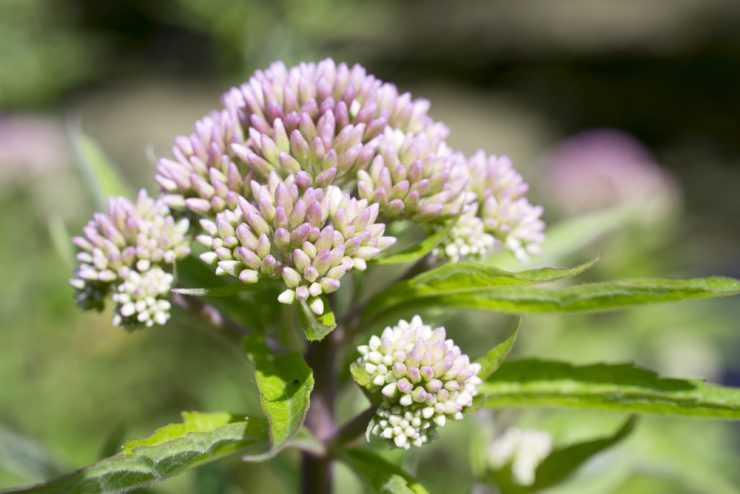Christmas can be a very busy time for many of us, which in turn can take its toll on our health. The result? Many of us start the new year feeling distinctly worse for wear.
Editor Jane Garton shares her picks from the herbal medicine chest that could make a big difference to you and your family’s health during the year ahead.
Valerian – for a sound night’s sleep

Getting the recommended quota of shuteye is especially important at this time of year to keep up energy levels as January starts. But sometimes stress gets in the way of a sound night’s sleep. And this is when a dose of soothing valerian can often help.
Long used by the ancient Greeks and Romans as a mild sedative, valerian’s active ingredients include volatile oils, iridoids and alkaloids, which all have calming properties.
Milk thistle – to stop those bilious feelings

Festive eating may have led to indigestion, but a daily dose of milk thistle can soon put a stop to that. The seeds contain a bioflavonoid known as silymarin, which research shows may help protect the liver from poisonous toxins. It can also help to boost the re-growth of liver cells to replace those damaged by disease or toxic substances such as alcohol. Plus it helps to stimulate the gall bladder, which in turn can help you digest fatty foods.
Artichoke extract – to beat the bloat
Feeing bloated after the party season? A good dose of artichoke extract can help things run more smoothly as the New Year starts.
Artichoke extracts are thought to help the digestive process by stimulating the production of bile and helping to break down and eliminate fatty foods and alcohol from the body. Take them daily as a protective measure or increase the dose for fast relief from the immediate symptoms of over indulgence.
Echinacea – for cold protection

The cold season tends to peak around New Year, which is why it pays to be prepared with some echinacea. Commonly known as the purple coneflower, this popular winter herb contains active ingredients in its roots that have anti-viral, antibiotic and anti-inflammatory properties.
It is thought to help encourage the production of white blood cells whose job it is to fight infection. This boosts the body’s ability to detect and deal with viruses and bacterial infections such as sinusitis, bronchitis or middle ear infections, which often follow a cold.
Pelargonium – to protect against respiratory infections
Extracts of pelargonium are becoming increasingly popular as a natural alternative to antibiotics for treating symptoms of upper respiratory tract infections. These include colds, coughs, sore throats and sinusitis. It can also help to prevent secondary infections such as bronchitis.
Research shows that the anti-bacterial and anti-viral properties of pelargonium help to prevent bacteria and viruses from attaching themselves to cells in the mucous membranes. It also works by stimulating the immune system to stop viruses and bacteria from multiplying.
Extracts of pelargonium can also act as an expectorant allowing the body to expel infected mucus (which makes conditions less suitable for bacteria and viruses to multiply).
Rhodiola – for instant energy

Christmas can quickly deplete the body’s natural energy stores and before you know it fatigue and lethargy set in. Enter rhodiola. Extracts of this alpine plant from the East are thought to have anti-fatigue, anti-stress, antioxidant and immune-enhancing effects. Studies show it may also help improve mental and physical performance under stress.
























Add comment